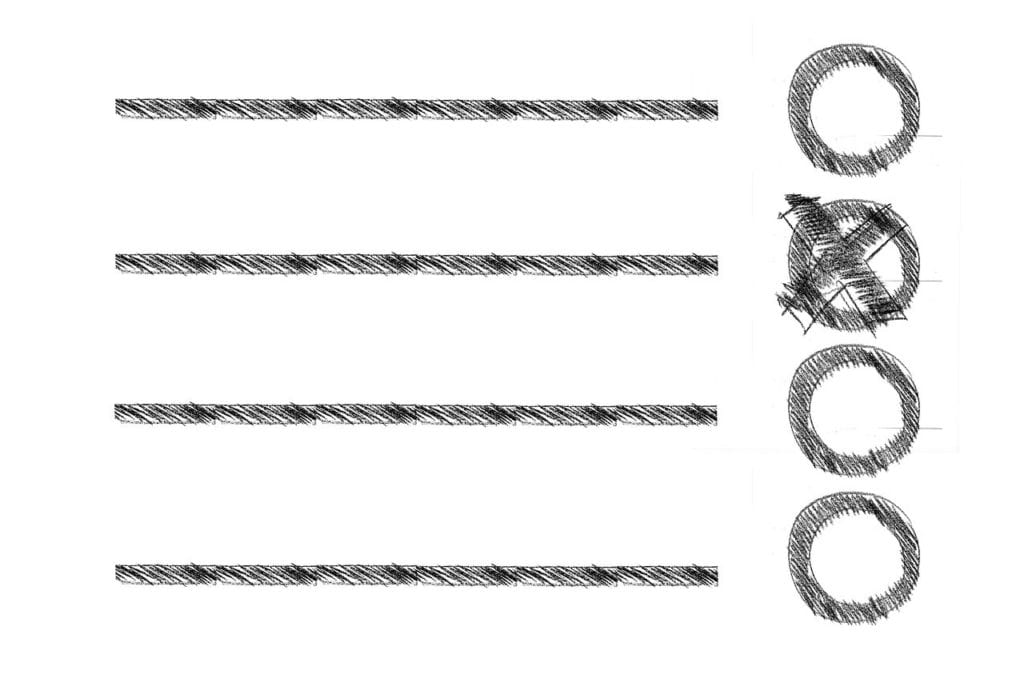How Liver Transplant Recipients are Selected
Liver transplant recipients in the United States are selected according to their MELD score. This number is calculated from lab values. It aims to predict how bad of a state the patient’s liver is currently in and the likelihood that the patient will die while they are waiting for a transplant.
Criteria which are not evaluated includes-
- Age
- Cause of liver failure
- Potential to overcome cause of liver failure post-transplant
- Hospital admission to date
- Patient suffering
The majority of current liver transplants are for individuals who have a diagnosis that is not a disease of the liver.
Joshua Mezrich
Joshua Mezrich is a surgeon and professor at the University of Wisconsin School of Medicine and Public Health. He has a unique view on this topic.
Every week he and his team meet to discuss which patients will receive a liver transplant based on their MELD score. He knows the pattern of MELD score, diagnoses, and who ultimately receives a transplant well.
He knows the system, but he doesn’t completely agree with it. These feelings were partly sparked by one of Mezrich’s medical students named Nate. Nate has a rare primary liver disease which has placed him in what Mezrich calls- MELD purgatory. He cannot live a normal life due to the symptoms of his illness, but he is not considered “sick enough” to warrant him a high enough MELD score which would provide him a liver.
Mezrich’s Proposal
Mezrich believes that the recommended treatment for those suffering from obesity, drug addiction, or alcoholism, should not begin at liver transplant. It should start first with day-to-day care. These types of diagnoses have options outside of transplants. Those with a primary liver disease diagnosis do not have such options.
Mezrich makes it clear that he is not at all opposed to transplanting a liver for someone who, for instance, has alcoholism but is committed to change (and has a support system through this change). He simply believes that those who have a primary liver disease which has no other therapeutic alternatives should be given priority when it comes to transplants.
These individuals make up just 10-15% of the transplant list. Mezrich advocates for prioritizing transplants for these patients, and then allocating the rest of the surgeries using the typical MELD system.
Thinking back to Nate, its true he has a lower chance of imminent death than someone who has a higher MELD score. Nate himself says that these individuals with higher scores deserve a transplant more than he does. He says that he’s always believed that if he is in desperate need of a liver, he will be able to get one. Nate hopes that this belief is not naive and likewise, Mezrich hopes he’s right.
You can read more about Mezrich’s take on liver transplants and Nate’s rare disease story here.







